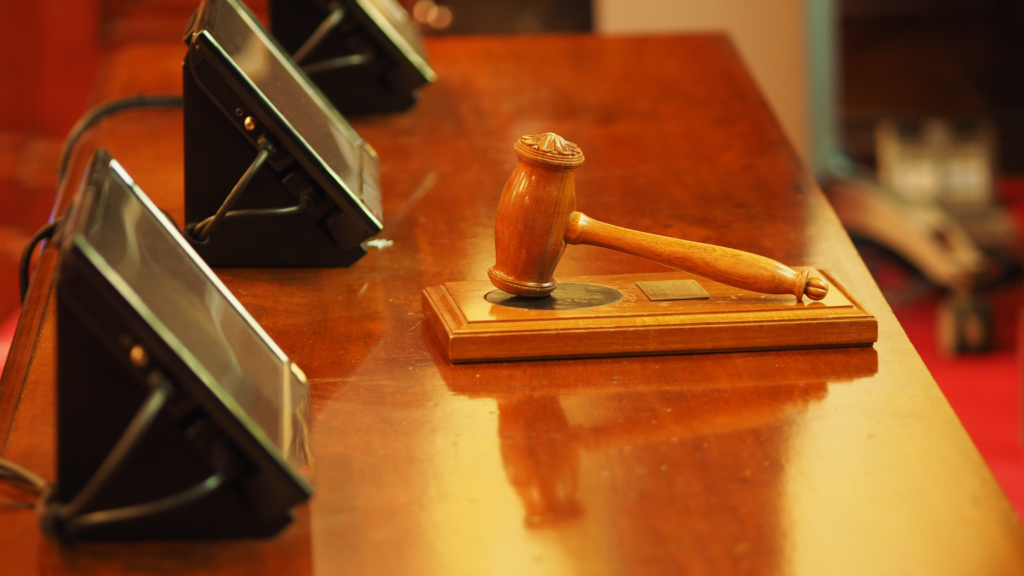When someone dies, an executor is charged with overseeing the distribution of someone’s assets according to the will or state inheritance laws if they die without a will, explains, AOL’s recent article entitled, “When Can a Beneficiary Sue an Executor?”
An executor is someone who is appointed either through a will or by the court to oversee the probate process.
An estate beneficiary is a person named in a will to inherit assets from someone else. Beneficiaries and heirs may be the same individuals or different people. A beneficiary is typically named in a will or trust. An heir is a person identified by state inheritance laws as having the right to receive assets from an individual’s estate. Heirs are typically the decedent’s spouse, children and other relatives. A beneficiary’s rights include the following:
- Receive assets from the estate of the deceased person that they’re entitled to according to the terms of their will or state law promptly;
- Request and receive information about the administration of the estate, including financial details; and
- Ask for the removal of an executor.
Beneficiaries also have the right to sue the executor if they think there’s a breach of fiduciary duty, which requires executors to act in the best interests of the beneficiaries or other persons they represent in financial matters. For a beneficiary to sue an executor, they have to have grounds for doing so. This includes:
- Failing to provide beneficiaries with financial statements regarding the estate when you request them
- Delaying in the distribution of assets without any legal reasoning for doing so
- Appearing to favor one beneficiary over another when distributing assets
- Mismanaging or misusing estate assets for their benefit
- Making risky investments with estate assets
- Failing to meet financial obligations associated with the management of the estate; and
- Having an obvious conflict of interest because they’re also a beneficiary of the estate.
To learn more about estate planning in the East Valley, Gilbert, Mesa and Queen Creek, schedule your free consultation with Attorney Jake Carlson by using one of the links above.
Reference: AOL (March 20, 2023) “When Can a Beneficiary Sue an Executor?”


